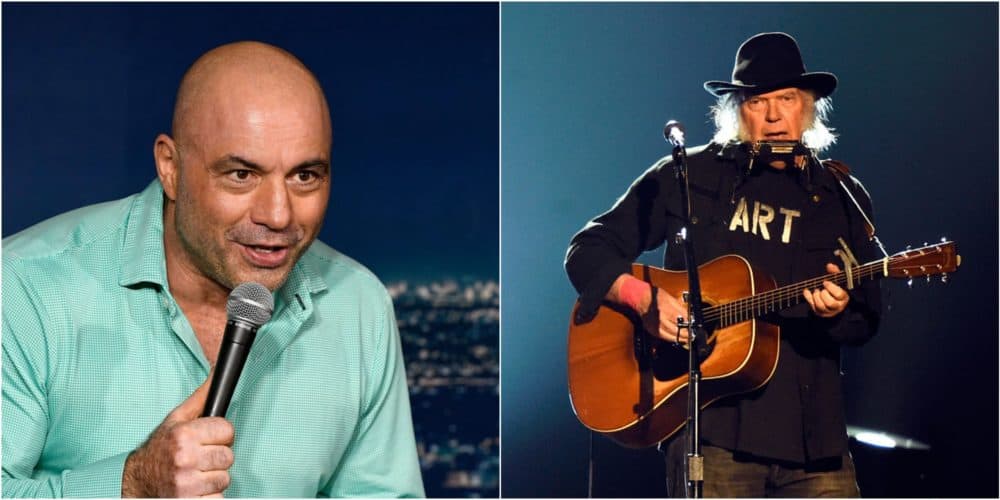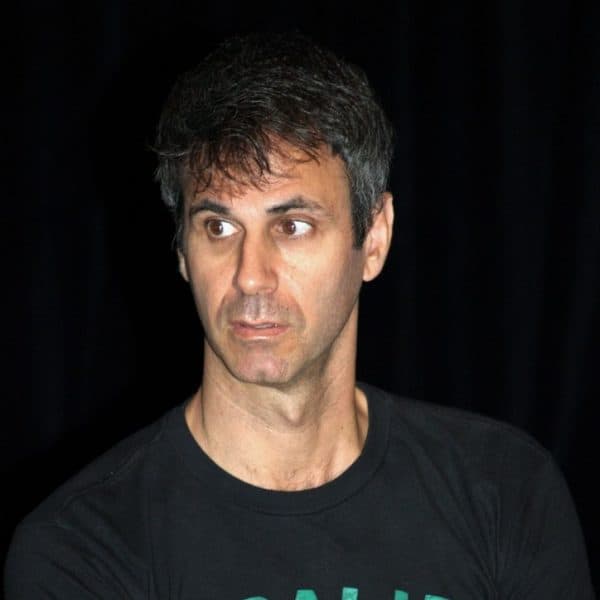Advertisement
Commentary
Why I quit Spotify

Let’s start with a couple of unassailable truths: I really like Spotify, and I am a big fan of facts and science.
I was urged to subscribe to Spotify, after many years of resisting streaming services, by my music-loving 13-year-old son, Jude, who immediately recognized the service as a kind of immense digital jukebox, one that made the quest to find new music joyfully convenient.
After a lengthy period of using Spotify’s free service, the one with achingly repetitive ads, Jude convinced me two months ago to throw off the shackles of cheapskate-dadism and get the premium subscription, so both of us could stream to our hearts delight.
Which we did. The kid introduced me to dozens of artists and hundreds of great songs, most of which I wouldn’t have found without him and our Spotify connection. I was finally able to wean myself from my allegiance to the idea of “owning” music, which took the form of a massive and now useless trove of cassettes and CDs, and transitioned into an ambivalent decade spent amassing a 10,000-song i-Tunes library. And I wasn’t exploiting the artists I loved. They got paid when I listened to their songs (maybe not enough, but something.)
So far so good.
The problem was that I kept hearing online murmurings about Spotify’s partnership with Joe Rogan, the alpha bro podcaster.
As a loyal American consumer, I ignored this partnership and its moral implications for as long as I could. Then, a week ago, Neil Young — who had clearly given the matter more thought — told Spotify that he wanted his music removed from the service if it continued to provide a platform for Rogan’s most insidious guests. Namely, the various demagogues and quacks who are spreading misinformation about COVID, and thus turning our current public health crisis into a culture-war industry.
There’s no need for me to amplify these claims. Suffice it to say, Rogan is one of those dudes who loves to “do his own research,” which includes chatting up guests who not only slander COVID vaccines and common-sense public health measures such as wearing masks, but deny the science of climate change and spout Klan-friendly theories about race.
There’s not a lot of nuance in this situation. The views Rogan and his guests express are despicable and dangerous. But hey, this is America. There’s no law against spreading despicable and dangerous views. Heck, it’s the animating force of the Republican party at this point. Yet granting Rogan his freedom of speech isn’t the same thing as a private company making hundreds of millions of dollars by monetizing inflammatory misinformation as an entertainment product.
Spotify has made its decision. And no one should be surprised. A corporation doesn’t have a conscience. It has a cash register.
Spotify could easily put the kibosh on Rogan’s nonsense, by refusing to platform his most egregious guests and assertions. That’s what YouTube did, when it removed an episode in which a doctor spread inflammatory lies about masks. But Rogan is Spotify’s $100 million-dollar cash cow. So the company is hoping to stanch the controversy by having Rogan deliver a tepid apology, promising more oversight and slapping a content warning over episodes containing misinformation.
If these hollow measures sound familiar, that’s because we’ve seen a dozen other corporations roll out the same shtick, from Facebook to Big Tobacco to the NFL: do just enough to soothe the troubled precincts of the fan base without changing the business model. It’s the equivalent of those cowardly politicians who send “thoughts and prayers” after every mass shooting while refusing to enact common-sense gun control.
Rogan’s defense is a standard feature of the demagogue playbook. He claims he is only seeking to have conversations with people who have “differing opinions.” There are “very fine people” on both sides of every debate, I guess.
But Rogan’s guests aren’t expressing opinions. They are promoting dangerous and verifiable lies, which is why 270 doctors and scientists wrote an open letter imploring Spotify to stop enabling Rogan. It’s why other artists, such as Joni Mitchell, and podcasters, such Brené Brown, have also fled the service.
So Spotify has made its decision. And no one should be surprised. A corporation doesn’t have a conscience. It has a cash register.
In a consumer culture, with no real government regulation of misinformation, the only language that has the power to influence a corporation is money. Spotify will stop promoting misinformation only if it becomes an economic liability to do so. Period.
This is why, with great reluctance — and an earnest apology to my son — I canceled my Spotify subscription yesterday.
In the space where the company asked why I was leaving Spotify, I wrote:
Spotify's decision to provide a platform for COVID misinformation is unacceptable to me. If you want to run a particular podcast, fine. But Spotify should draw the line at misinformation. This isn't about "free speech." It's about whether your company should profit from bull**** that harms people, including your customers. I love Spotify and will be able to rejoin when you stop spreading misinformation.
I hope that happens. In the meantime, I’ll get my music elsewhere.
